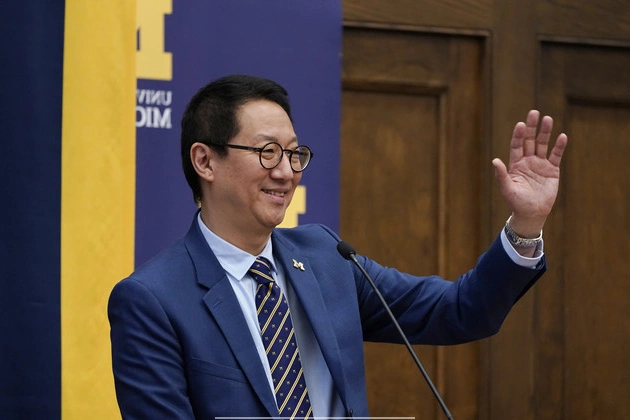
Introduction
The recent rejection of Santa Ono as the prospective president of the University of Florida has ignited a firestorm of controversy within the state’s higher education circles. This unexpected decision by the university system Board of Governors has significant implications for the future of UF and has divided opinion among key political figures.
Political Backlash
The rejection of Ono has been attributed to conservative outrage over his prior support for diversity, equity, and inclusion initiatives while leading the University of Michigan. Powerful voices like Gov. Ron DeSantis and other Republican leaders, including Sen. Rick Scott and Reps. Byron Donalds and Greg Steube, expressed strong opposition to Ono’s nomination.
Reactions and Fallout
UF trustees, who had unanimously supported Ono, viewed him as a transformative leader capable of elevating the university’s national standing. Despite initial optimism, the rejection of Ono has forced UF to restart its presidential search, leaving the institution in a state of uncertainty.
Challenges and Contention
The rejection process involved intense scrutiny of Ono’s past statements and decisions, leading to heated exchanges between the Board of Governors and the nominee. The public interview exposed deep-seated tensions within Florida’s power structure, showcasing the clash between conservative politicians, donors, and business leaders.
Call for Reflection
The rejection of Ono has raised questions about the transparency and fairness of the selection process. Concerns were also raised regarding potential conflicts of interest among board members, adding another layer of complexity to the situation.
Looking Ahead
As UF navigates this turbulent period, the university community awaits the next steps in the presidential selection process. The controversy surrounding Ono’s rejection serves as a cautionary tale about the intersection of politics and academia in today’s polarized environment.











